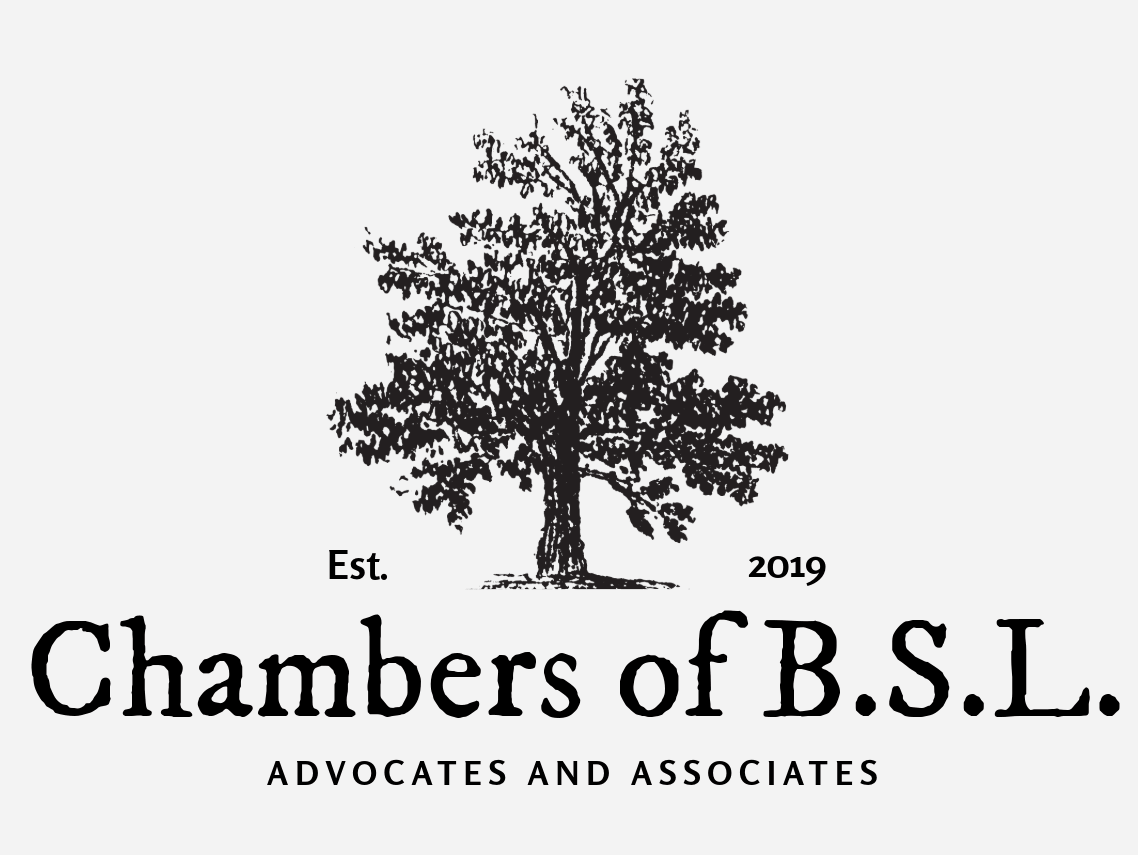
Arbitration and ADR Practice
Alternative Dispute Resolution (ADR) mechanisms such as arbitration, conciliation, and mediation have become increasingly important in resolving commercial and contractual disputes efficiently. The Arbitration and Conciliation Act, 1996, as amended, provides the statutory framework for arbitration and conciliation in India, aligning with international standards to encourage speedy resolution outside traditional courts.
Arbitration is frequently invoked in commercial agreements where parties agree to submit disputes to an arbitral tribunal rather than civil courts. Practice in arbitration includes drafting and filing of statements of claim and defense, production of documents, evidentiary hearings, and presentation of arguments before arbitral tribunals. Post-award proceedings such as enforcement of arbitral awards or applications to set aside awards under Section 34 are also integral.
Conciliation and mediation represent less adversarial forms of dispute resolution. These methods allow parties to explore settlement through structured negotiation, often resulting in faster and less costly resolutions. Courts also increasingly refer disputes to mediation under statutory frameworks.
ADR practice involves matters arising from business contracts, shareholder agreements, infrastructure projects, construction contracts, and partnership disputes. It requires strong drafting and analytical skills, along with familiarity with commercial law principles and arbitration procedure.
The role of legal practitioners in ADR is to guide parties through structured resolution, ensuring fairness while adhering to statutory requirements.


